12 Warning Signs Your Car Brakes Need Repair
Car brake maintenance is one of the most important aspects of vehicle upkeep, securing not only your safety but also the optimal performance of your vehicle. Neglecting regular brake checks and repairs can lead to dangerous situations, costing you more in repairs or causing accidents that could be avoided. Understanding the warning signs of brake wear can help you take timely action, preventing further damage and supporting peace of mind. In this article, we outline the critical warning signs that indicate your car’s brakes may need repair.
1. Grinding Sounds: A Serious Brake Warning
If you hear grinding noises when applying the brakes, it’s time to schedule a brake repair. Grinding sounds are typically caused by worn brake pads, which allow the metal parts of the caliper to contact the rotor directly. This contact can cause significant damage to both the caliper and the rotor, making future repairs more costly. It's crucial to act promptly when you hear these noises. A brake repair specialist can replace your brake pads and prevent further damage to your braking system. According to Bankrate, regular brake checks are recommended every 10,000 to 20,000 miles to catch such issues early.
2. Squeaking or Squealing: Time to Check the Brake Pads
Squeaking or squealing noises when braking often indicate that the wear indicator on the brake pads is in contact with the rotor. While this sound may seem harmless, it’s a sign that your brake pads need attention before they wear down completely. Persistent squealing, especially under normal driving conditions, should be evaluated by a professional. It may not just be the brake pads that are causing the noise; glazed rotors or dirt buildup might also be to blame. A brake repair technician can inspect and resolve the issue, making sure that your braking system remains effective.
3. Rattling Noises: Loose or Damaged Brake Components
If your car makes rattling noises when braking, it could point to a loose or damaged component in the braking system. The noise might originate from brake hardware like anti-rattle clips or calipers. These components must be tightly secured to make sure that your brakes function properly. If you hear rattling, it’s a good idea to have your brakes checked to avoid any issues that could compromise your safety. Regular brake repair inspections can catch loose or damaged parts early, preventing more costly repairs in the future.
4. Steering Wheel Vibrations: Possible Rotor Issues
Feeling vibrations in your steering wheel when applying the brakes usually indicates an issue with the rotors, often caused by warping. Warped rotors do not make even contact with the brake pads, resulting in inconsistent braking pressure and vibrations during stopping. Overheating or prolonged brake use can cause this problem. If you experience this issue, it’s critical to have your brakes repaired as soon as possible. Regular maintenance and brake repairs can prevent rotor issues and allow for smooth braking performance.
5. Pulsating Brake Pedal: Uneven Rotor Surface
A pulsating brake pedal is another sign that your vehicle’s brake system needs repair. This sensation is typically caused by an uneven disc rotor surface, often resulting from heat cycles that cause the rotor to lose its shape. If left untreated, this problem can affect your braking performance and safety during emergency stops. Timely brake repair is essential to restore smooth braking and support optimal control of your vehicle.
6. ABS Activation Without Cause: A Problem with the Anti-Lock System
If you notice that the brake pedal pulses without reason during normal driving, it could indicate a malfunction with the Anti-lock Braking System (ABS). The ABS is designed to prevent wheel lockup during hard braking, but unnecessary activation can lead to inefficient braking. This issue might stem from a malfunctioning wheel speed sensor or another fault in the ABS system. Getting a brake repair professional to evaluate the ABS system can make sure that it functions as intended when needed.
7. Soft or Spongy Brake Pedal: Air or Moisture in the Brake Lines
A soft or spongy brake pedal often signals air or moisture in the brake fluid lines. This issue reduces brake efficiency, making it harder to stop the vehicle in a timely manner. It’s crucial to address this issue immediately, as compromised brake fluid can lead to complete brake failure. A brake repair technician can “bleed” the brakes, removing air from the lines and restoring pedal firmness, allowing the vehicle’s braking system to function properly when you need it most.
8. Brake Pedal Getting Stuck: Blocked or Malfunctioning Components
If the brake pedal feels sluggish or gets stuck when depressed, there may be an issue with the brake booster or a blockage in the system. This can be particularly dangerous if you need to stop suddenly, as a stuck pedal can prevent you from braking effectively. Regular brake inspections and repairs can identify these issues before they pose a risk to your safety. If you experience this issue, it’s critical to have the brake system serviced immediately.
9. Excessive Force Required to Engage the Brakes: Hydraulic System Failure
If you find that you need to apply excessive force to engage the brakes, it might indicate a problem with the hydraulic system. This can be caused by brake booster failure, vacuum line issues, or leaks in the brake fluid system. A brake repair specialist can inspect the system and address the underlying problem. Regular brake service can prevent this issue and make sure that your braking system remains responsive and effective.
10. Vehicle Pulling to One Side: Imbalanced Brake Pressure
If your vehicle pulls to one side when you apply the brakes, it’s a clear sign that something is wrong with your braking system. This can happen if there’s uneven brake pad wear, malfunctioning calipers, or brake fluid contamination. If left unaddressed, this can affect your ability to control the vehicle, especially in wet or adverse driving conditions. A brake repair technician can diagnose the cause of the pulling and recommend appropriate solutions, helping your vehicle remain stable while braking.
11. Understanding ABS Indicators: Don’t Ignore the Warning Lights
The ABS warning light on your dashboard indicates an issue with the Anti-lock Braking System, which is designed to prevent wheel lockup during hard stops. When the light comes on, it’s important to seek professional brake repair to ensure your ABS system functions properly. Ignoring this warning can lead to a reduction in braking performance, especially during emergency stops. Regular brake system diagnostics can help you make sure that your ABS remains in top condition.
12. Brake System Warning Light: Immediate Attention Needed
The brake system warning light on your dashboard should never be ignored. This light indicates a problem within the braking system, such as low brake fluid levels or a malfunctioning brake component. Continuing to drive with this light on can lead to brake failure. Professional brake repair can diagnose the issue and restore your vehicle to safe operating condition. Routine brake inspections can help catch issues before they trigger this warning light.
Understanding the warning signs of brake problems is essential for securing your safety on the road. Neglecting brake maintenance can lead to costly repairs, decreased performance, and, most importantly, increased risk of accidents. Regular brake repair services can help keep your braking system in top condition, preventing many of the issues discussed above. Contact Roberto's Performance Exhaust, LLC today to get started with our services!
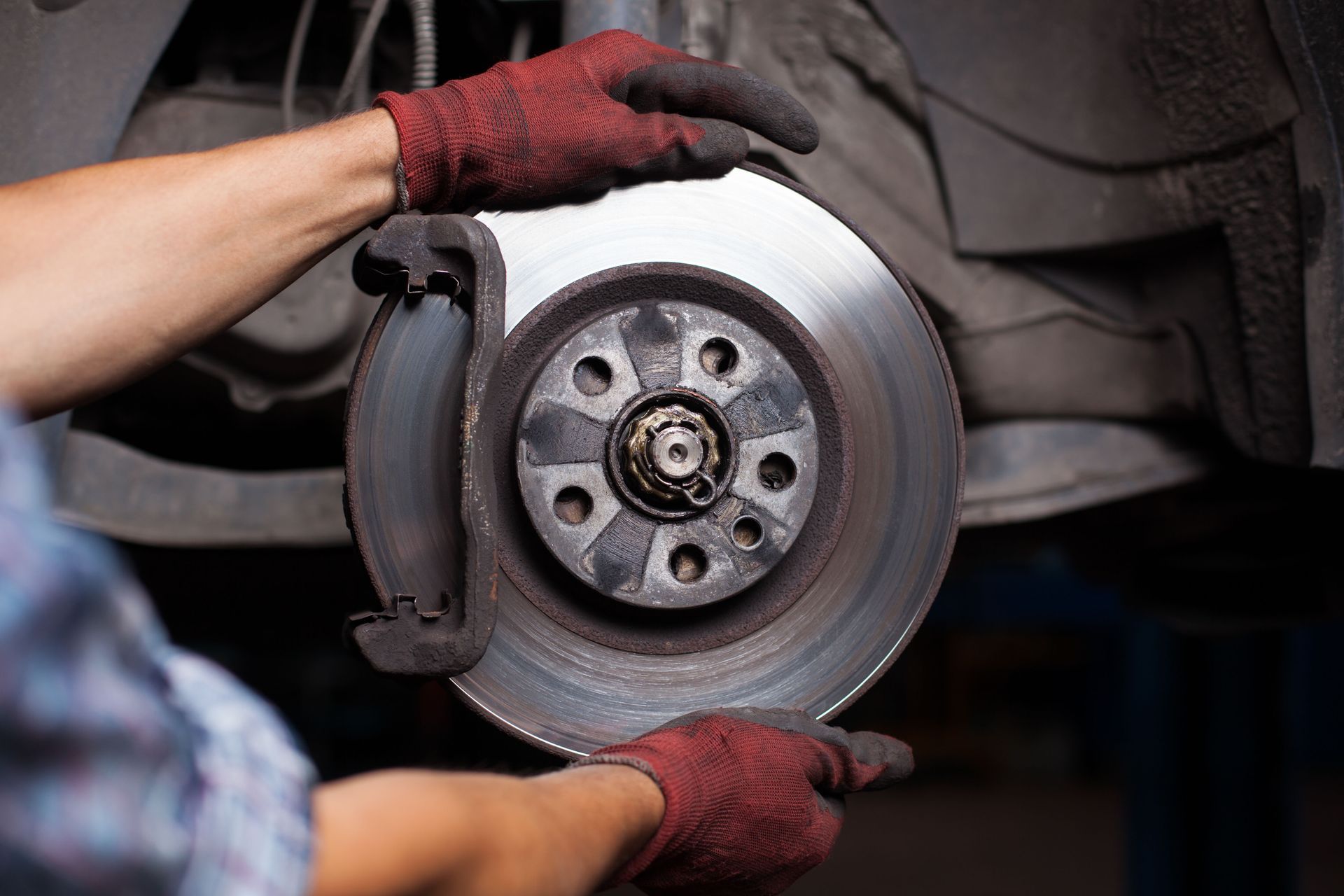
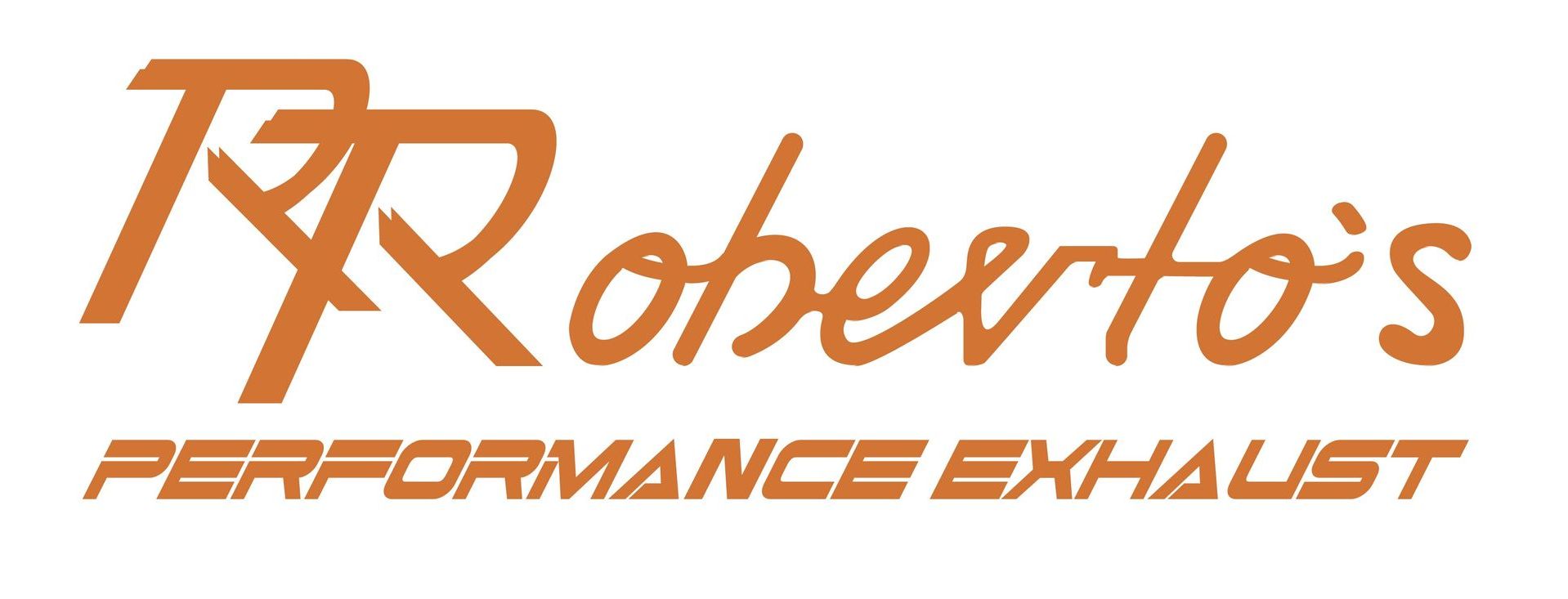
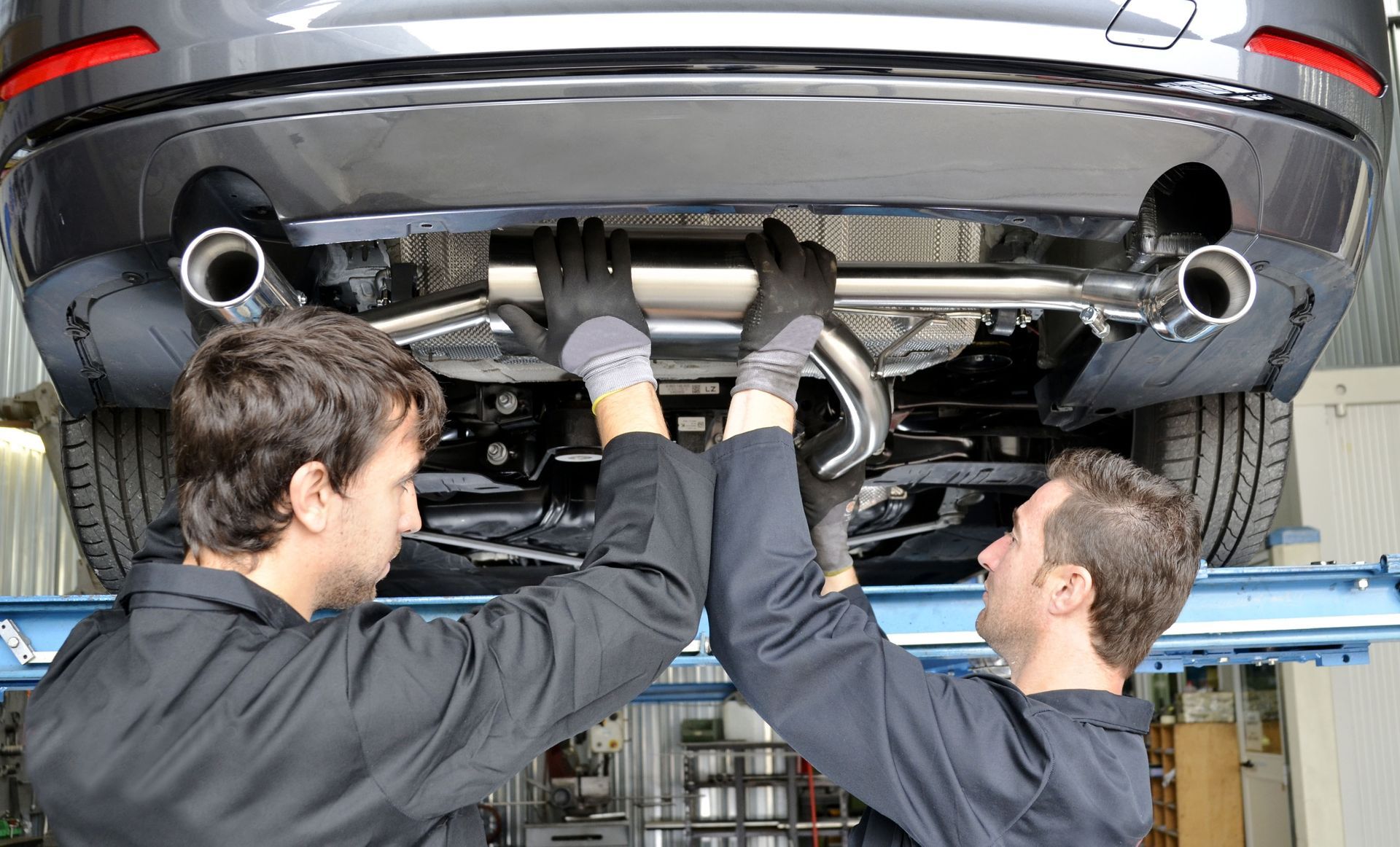
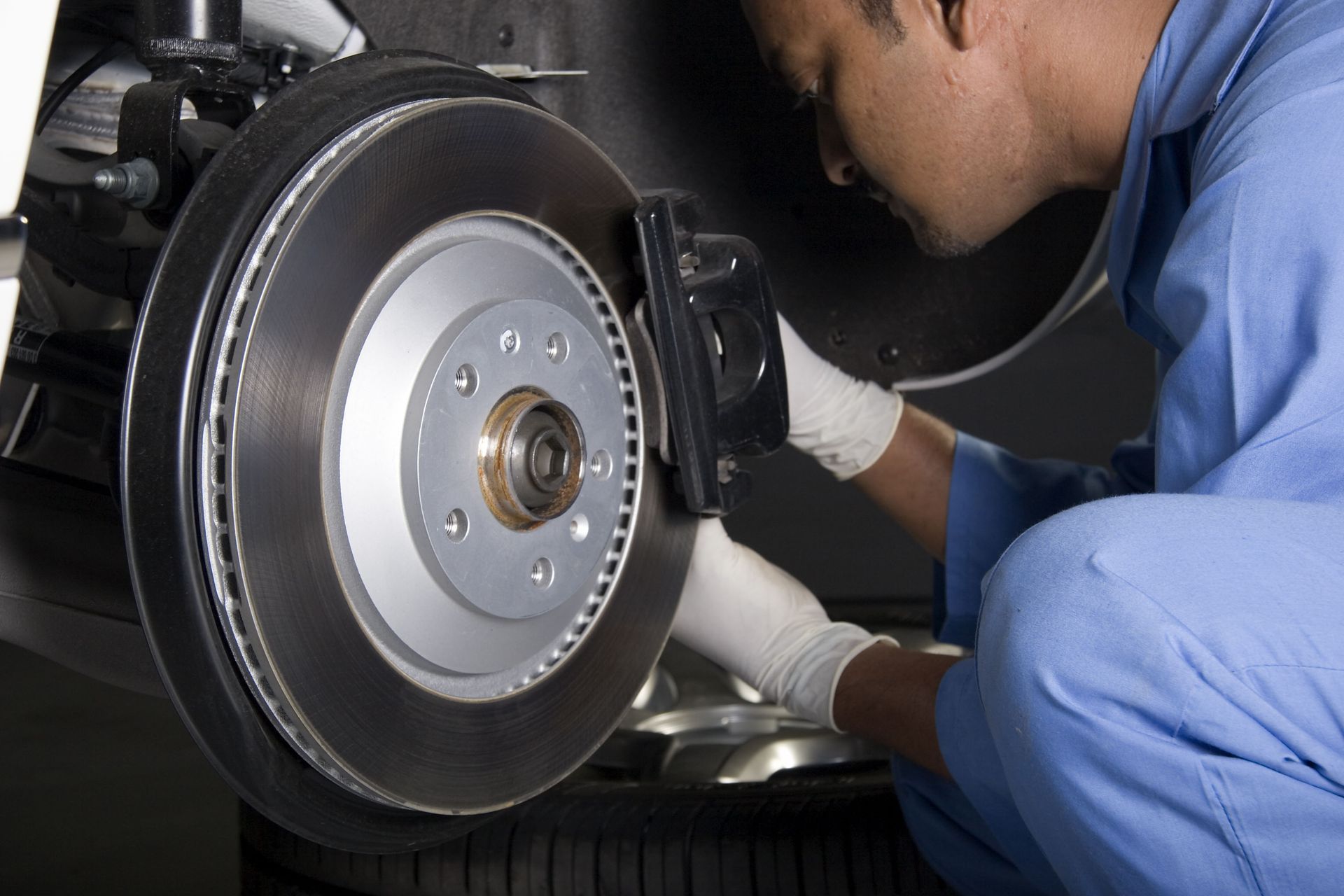
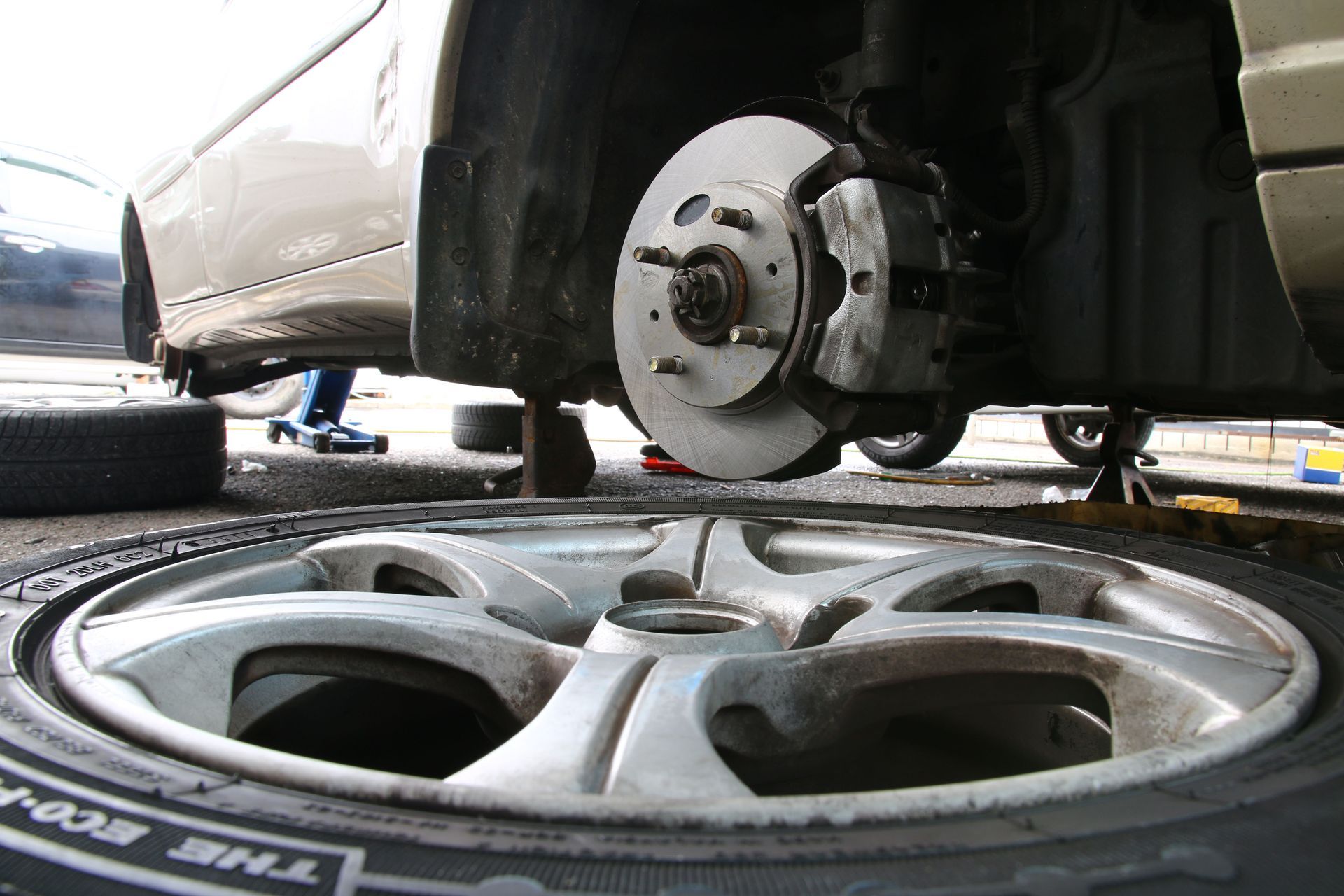

Share On: